Visualization

Once you’ve spent enough time in the gym, it becomes clear that the mental aspect of training is just as important as the physical. Getting into the right headspace for both training and competition is crucial to maximizing your performance.
What originally started as a mindfulness practice more than 2,000 years ago has become a tool for sports performance. It’s also a useful technique to calm the central nervous system’s response to stress and promote relaxation. Research shows that being in a relaxed state boosts healing, learning, creativity, and performance.
Visualization, also called mental rehearsal, is a technique where athletes imagine the feat they’re about to accomplish in detail.
Visualization uses all your senses to rehearse key elements of performance, imagine desired outcomes, or mentally prepare for challenges. Unlike a daydream, the images in visualization are consciously controlled and usually follow a script. They are seen in first-person perspective and involve all five senses. You wouldn’t just imagine pitching a home run; you’d feel the ball leave your fingertips, watch its trajectory towards the batter, and hear it sailing through the air.
In fact, studies show that visualization lights up the motor cortex, the area in the brain responsible for movement. When electrical signals in the brain surpass a certain threshold, movement is generated. This research has promising applications for both high-level athletes and those recovering from injury or dealing with neuromuscular dysfunction.
Athletes devote time and attention to honing their mental landscape and planning for success. Olympians in particular have been known to use visualization and other mental training techniques to beat anxiety and reach peak performance.
Among many athletes, Olympic judoka Kayla Harrison describes visualization as a key component in her training. She described devoting 10 minutes to detailed visualization each night; including everything from getting off the bus to receiving the medal at the winner’s podium. Harrison, who was the first American to win a gold medal in judo at the London Olympics, told the Washington Post:
“Every night I visualize myself winning the Olympics…When I woke up that day in London, my body knew: ‘It’s time. This is it.’ Like I’ve been there a thousand times.”
Harrison defended her title at the 2016 Rio de Janeiro Olympics and also was the youngest person to be awarded Rokudan (sixth degree black belt) by the United States Judo Association.
Other athletes describe using visualization techniques to move past sticking points in their training, cope with external stressors like the roar of a crowd, or prepare for an opponent’s defensive techniques. In the world of professional sports, many victories come down to a fraction of a second; having the ability to find calm in the midst of a tense situation gives athletes an edge over their opponents.
Scientists studied the effects of visualization on participants in the 1988 US Olympic trials and compared it to the same athletes’ performances in the Olympic Games in Seoul. The study showed that there may be a positive link between the athletes’ performance and mental training techniques.
Visualization techniques aren’t reserved for elite athletes. Anyone can benefit from mental rehearsal and guided imagery. One under cited benefit of visualization is mindfulness. When done correctly, visualization is fully immersive and requires a high degree of concentration. As with any skill, visualization improves with practice. Adding five to ten minutes of detailed visualization before training or leading up to a competition can help boost performance while also calming nerves.
Experts group visualization under “cognitive training,” or techniques that help boost an athetles’ confidence and combat performance anxiety by focusing on thoughts and perceptions. Other techniques include meditation, positive self-talk, and cognitive restructuring where people take negative or stressful thoughts and replace them with more balanced thoughts.






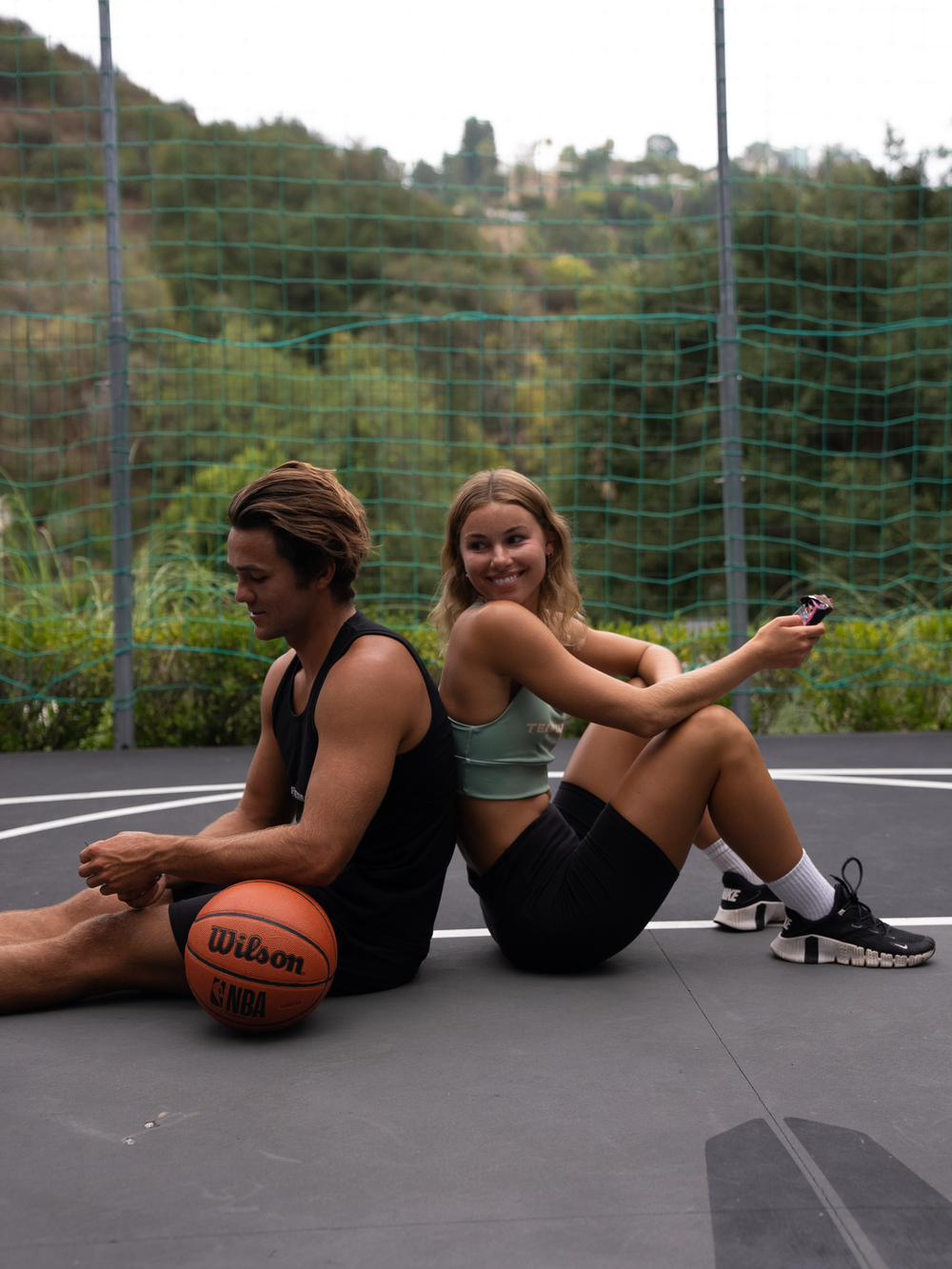

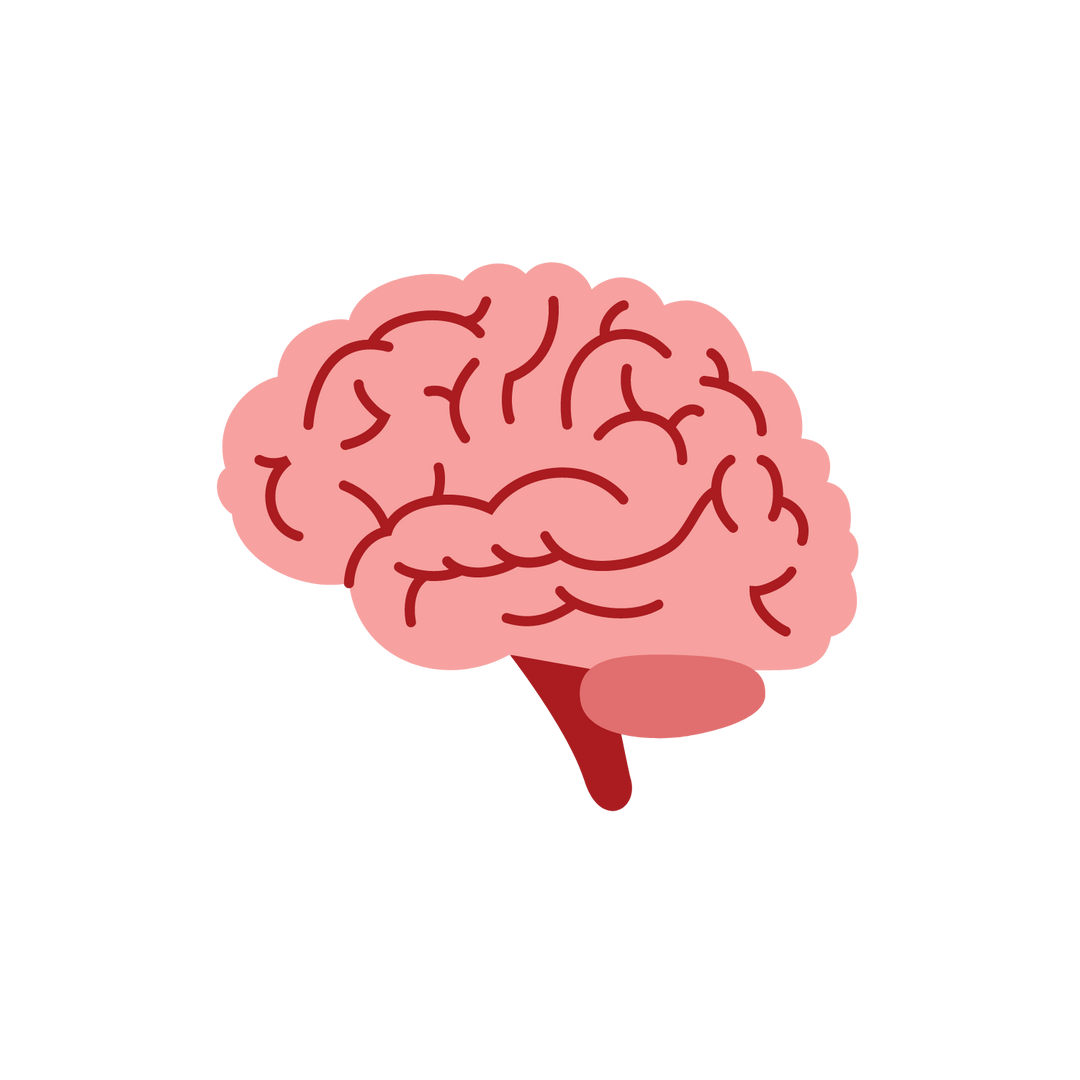












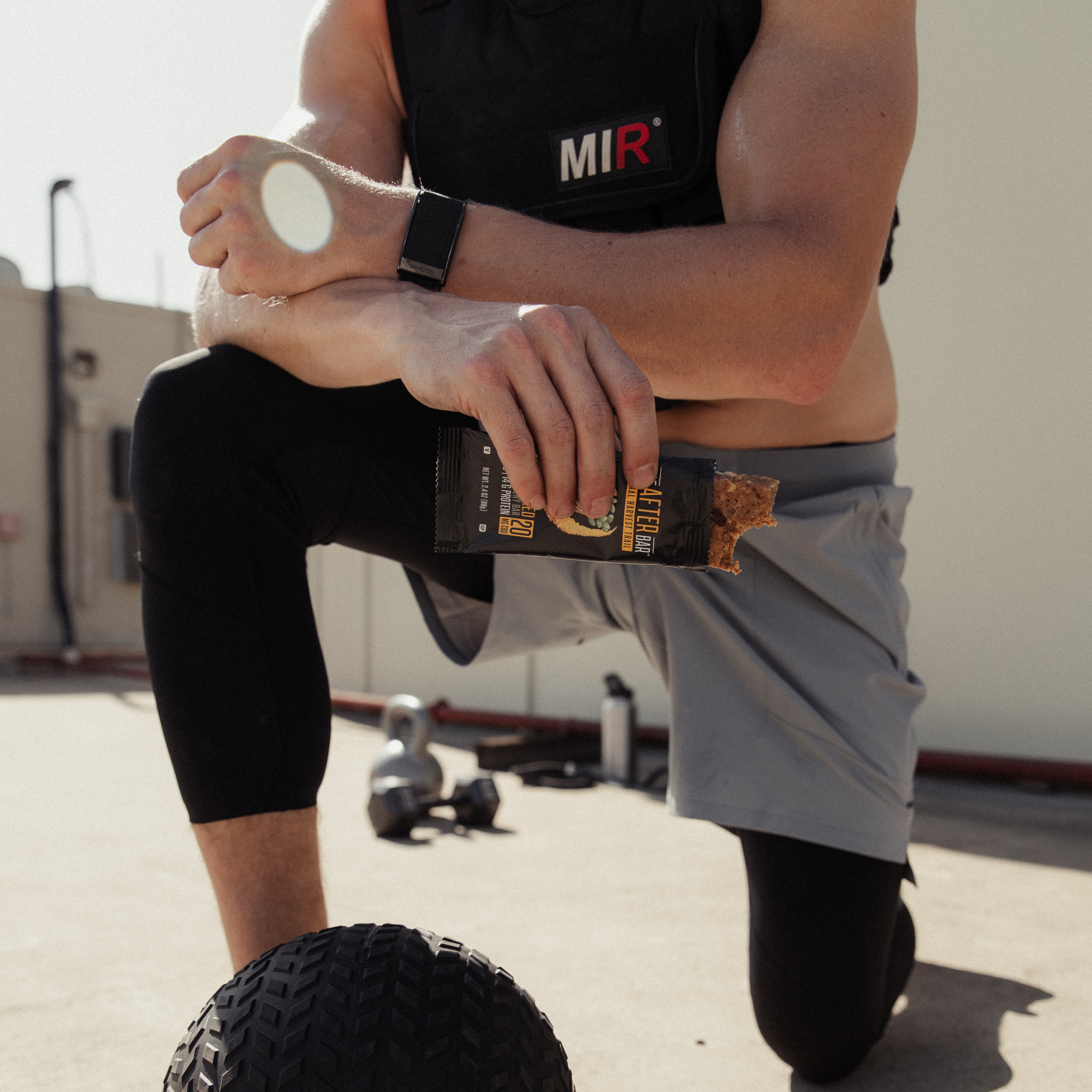

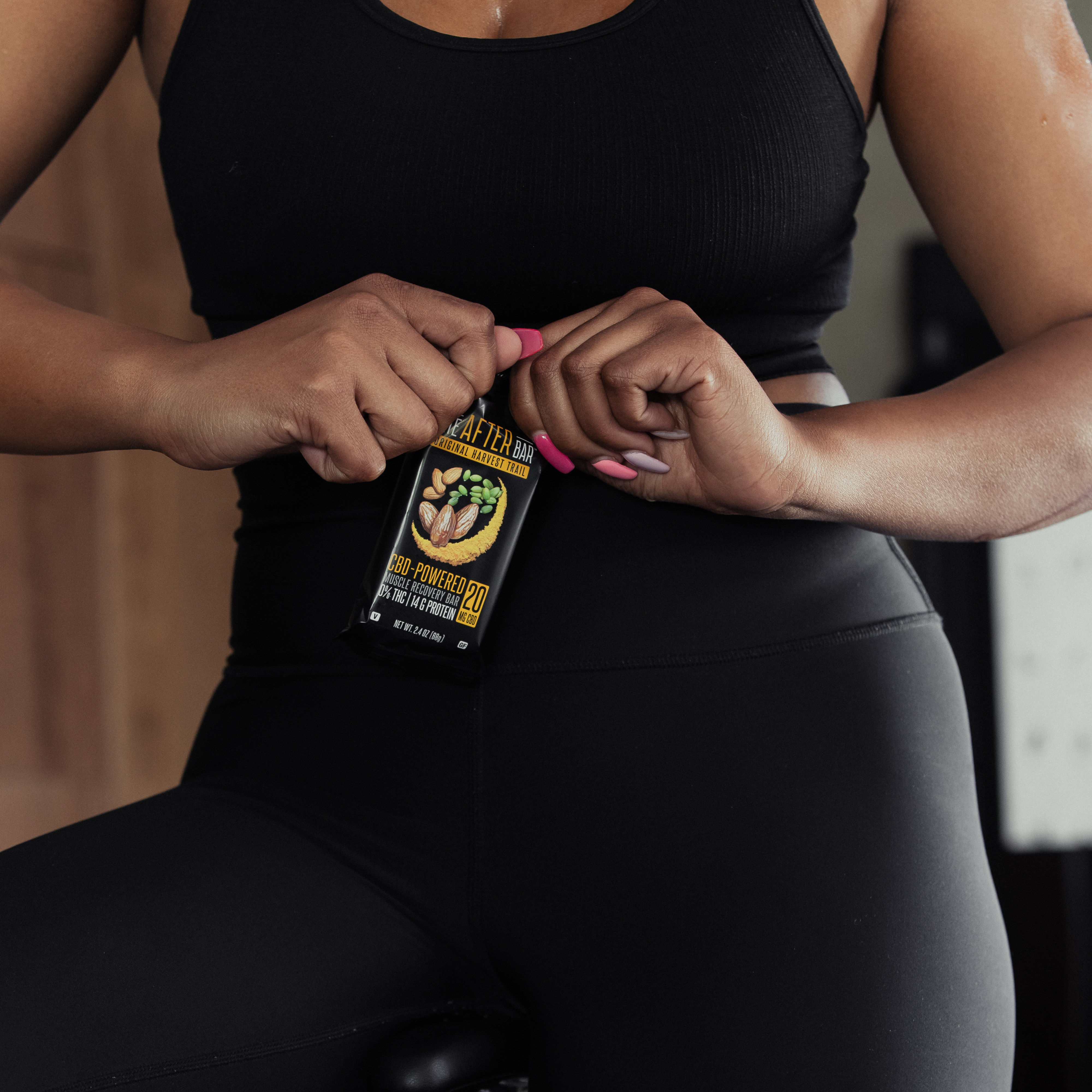

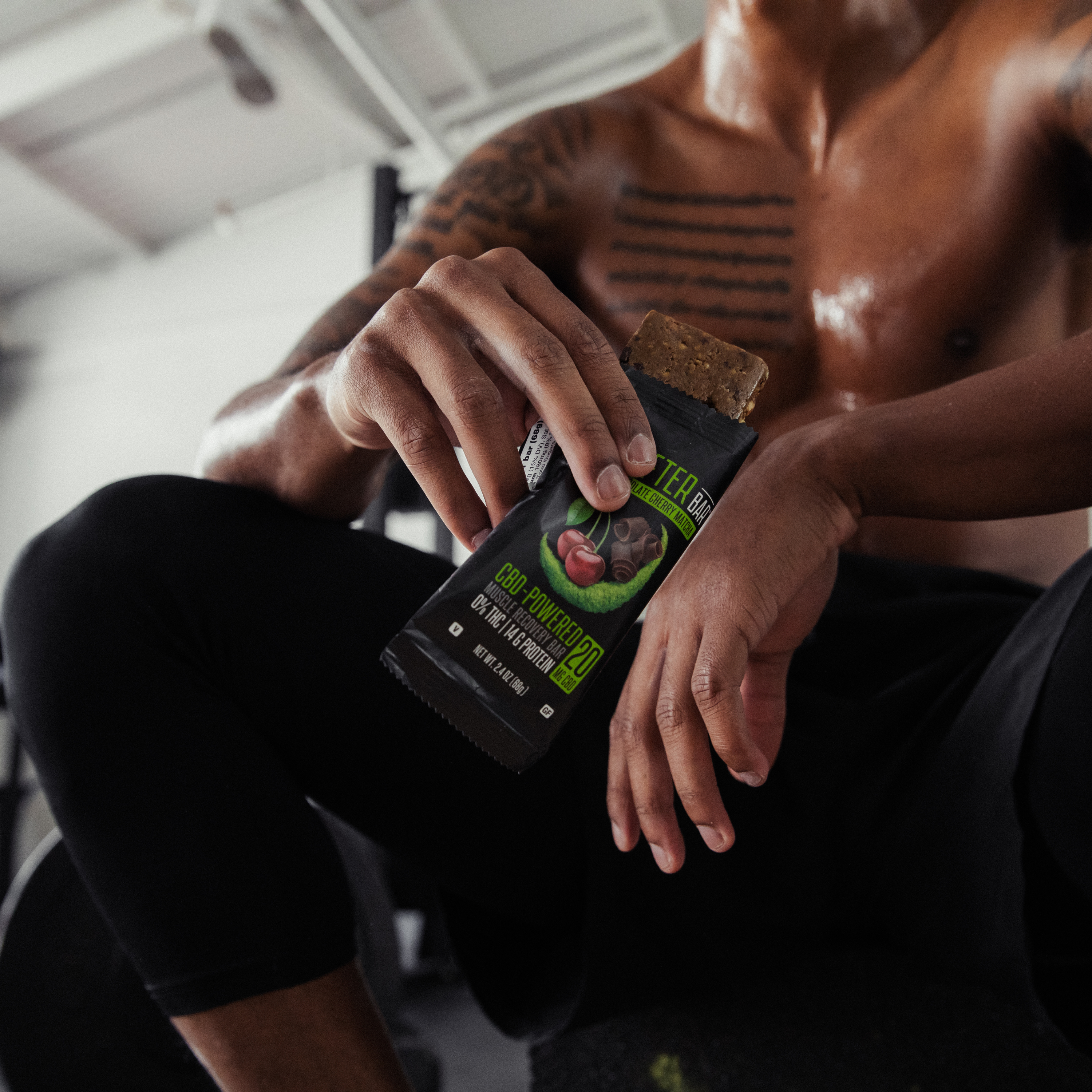


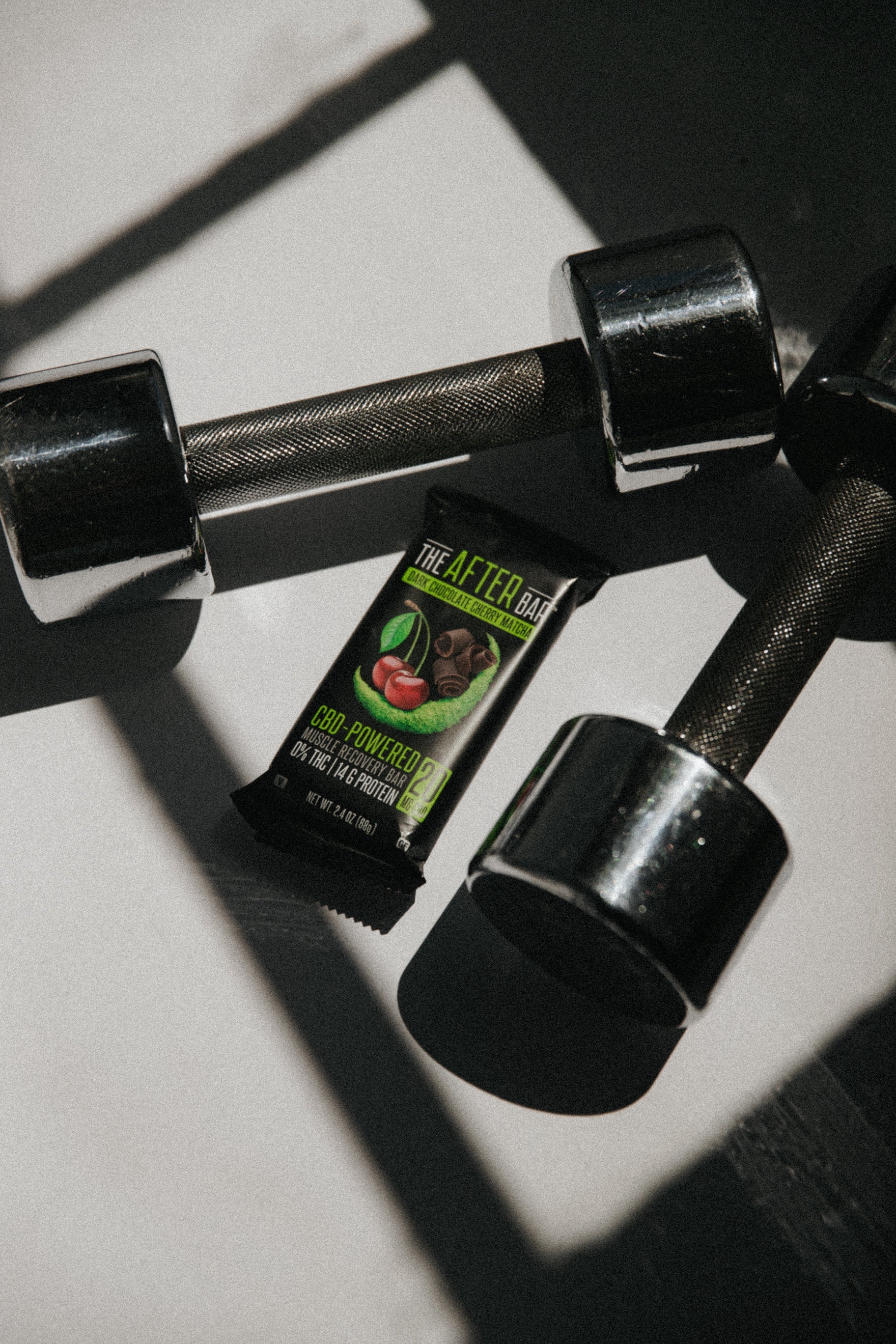
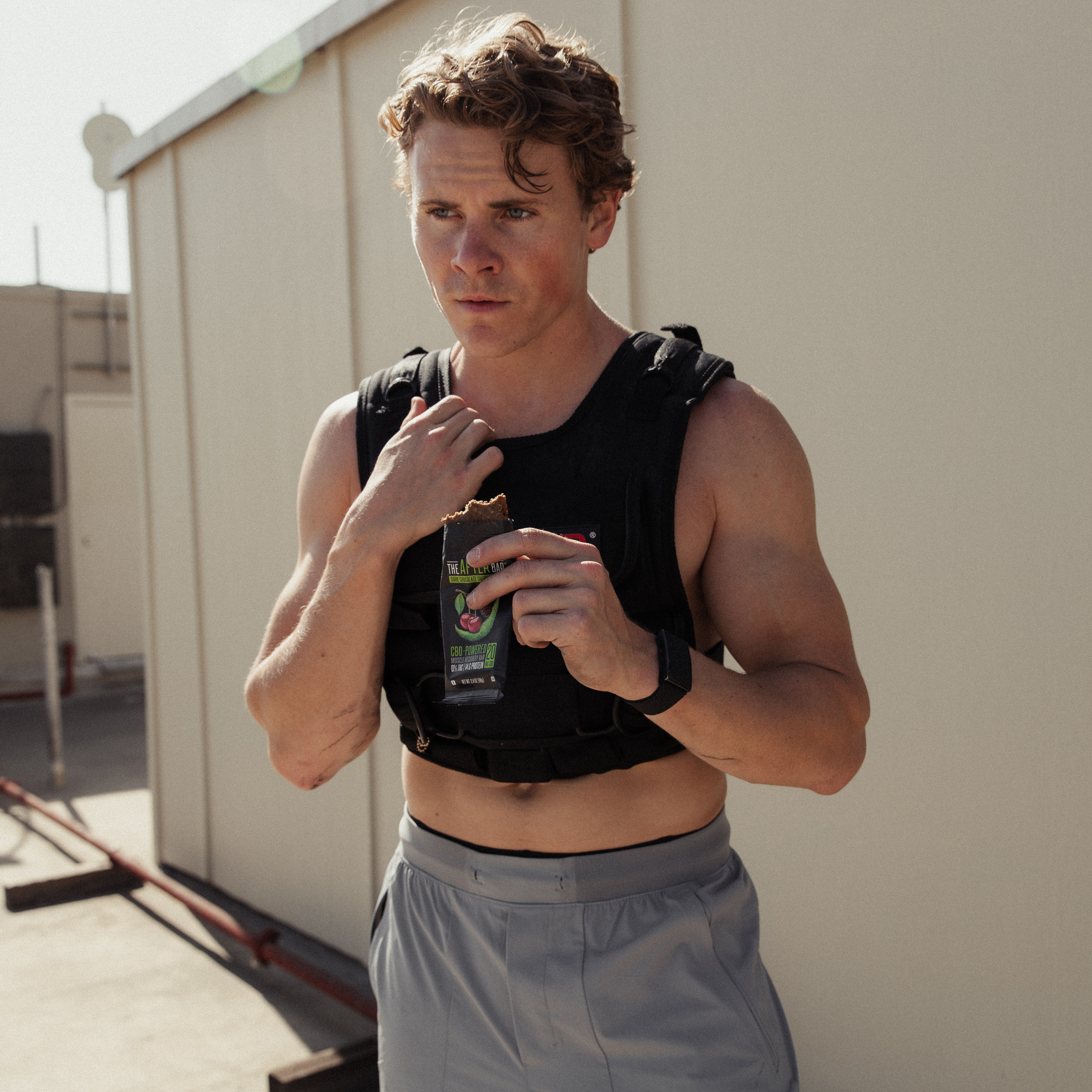



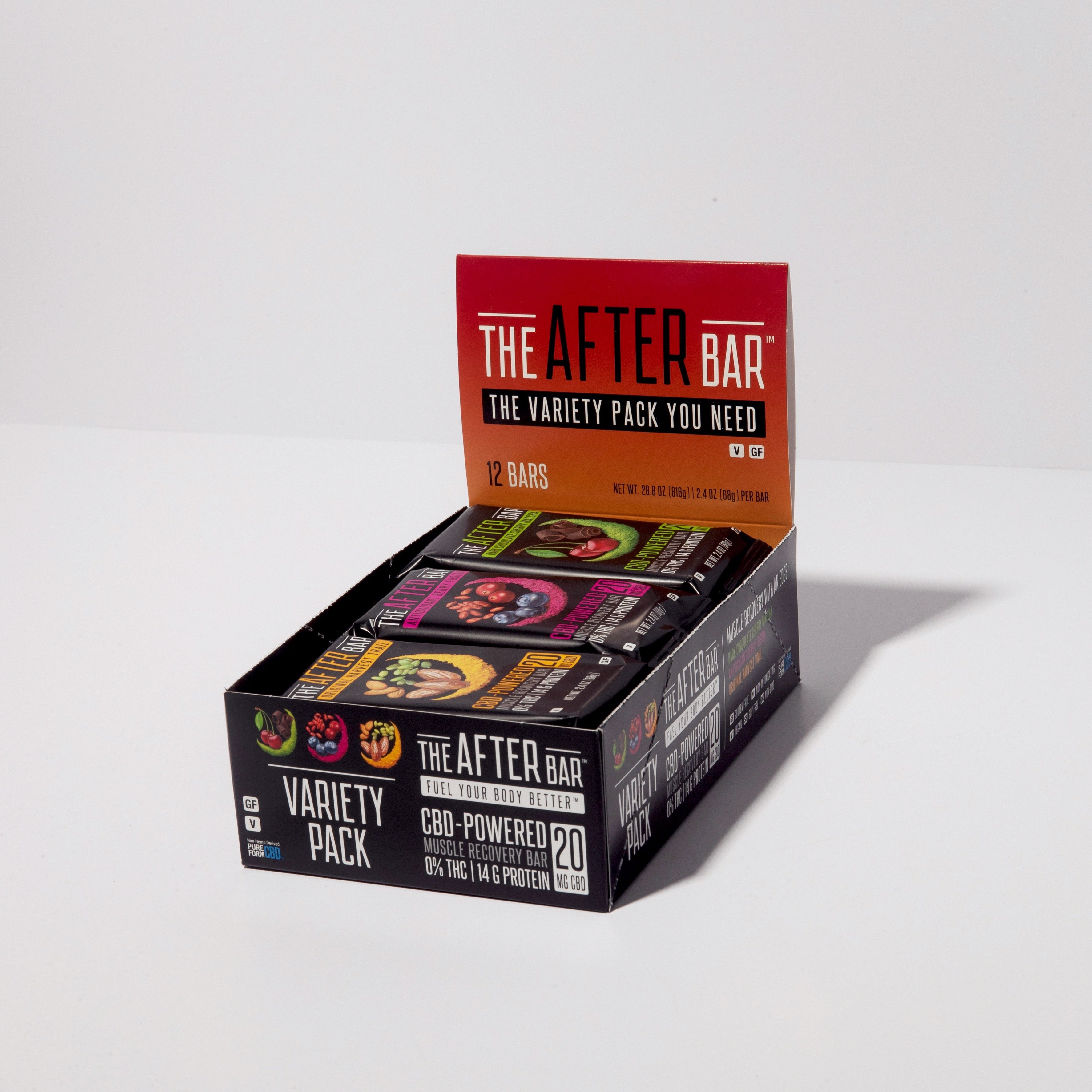


wow this is so great, so true and needs to be talked about more! Thank you for touching on a topic that is just as important as physical strength and health.
Leave a comment